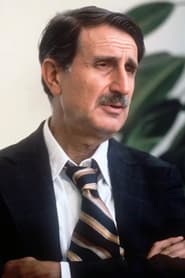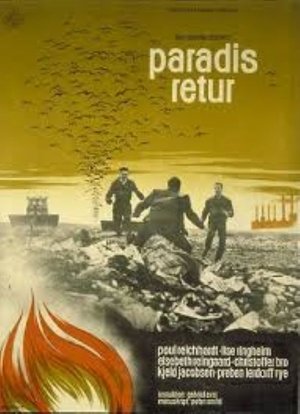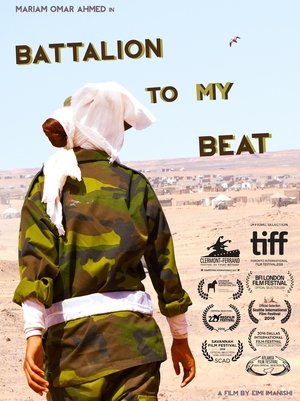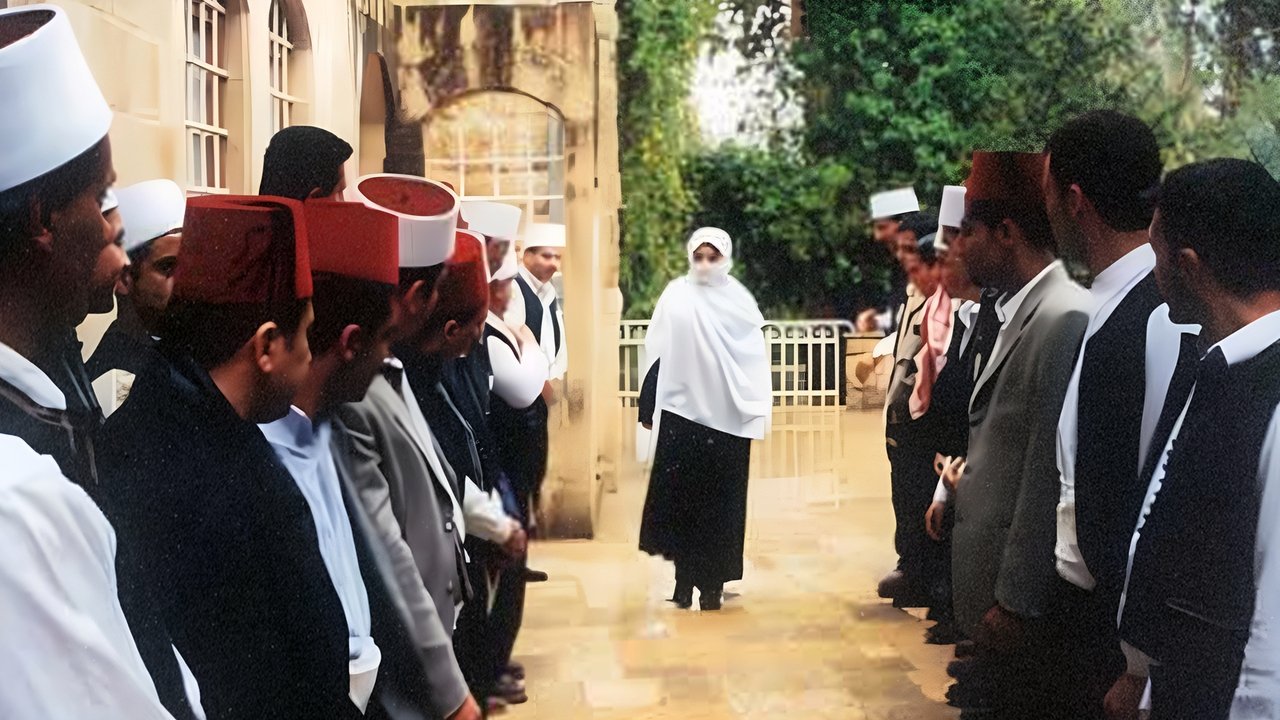
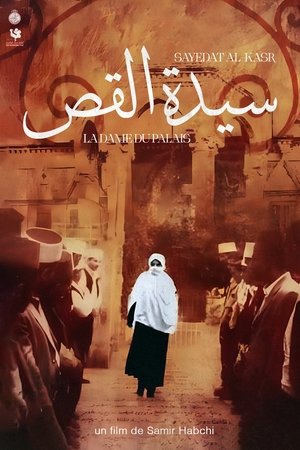
The Lady of the Palace(2004)
Sayedat Al-Kasr traces the history of the Joumblatt family of Mount Lebanon from the 17th century to the present, focusing on early 20th century leader and politician Nazira Joumblatt. Born in 1889, Nazira ascended the throne of the Moukhtara palace in 1923, following the assassination of her husband Fouad and the resignation of her brother Aly Joumblatt. She presided over the region as Lady of the Palace for twenty-five years while raising her son Kamal, preparing him to take his place in a long line of Jumblatt leaders. Famous for her wisdom and strong personality, Nazira boldly entered the Lebanese political scene at a time when this field was entirely dominated by men. Unwavering, she contributed to maintaining peace and stability in Lebanon for many years, earning the respect of men and women, whether Druze or Maronites.

Movie: The Lady of the Palace
Top 4 Billed Cast
Self (archive footage)
Self (archive footage)

سيدة القصر
HomePage
Overview
Sayedat Al-Kasr traces the history of the Joumblatt family of Mount Lebanon from the 17th century to the present, focusing on early 20th century leader and politician Nazira Joumblatt. Born in 1889, Nazira ascended the throne of the Moukhtara palace in 1923, following the assassination of her husband Fouad and the resignation of her brother Aly Joumblatt. She presided over the region as Lady of the Palace for twenty-five years while raising her son Kamal, preparing him to take his place in a long line of Jumblatt leaders. Famous for her wisdom and strong personality, Nazira boldly entered the Lebanese political scene at a time when this field was entirely dominated by men. Unwavering, she contributed to maintaining peace and stability in Lebanon for many years, earning the respect of men and women, whether Druze or Maronites.
Release Date
2004-01-01
Average
10
Rating:
5.0 startsTagline
Genres
Languages:
العربيةKeywords
Recommendations Movies
Hello...?(en)
"a colorful poem of the first copy-motion film... the system registers images directly from a color (xerox) duplicator model 6500... an original, versatil, unique system developed by Darino" –Back Stage
 0.0
0.0The Minds Of 99 - Tre Døgn i Parken(da)
THE MINDS OF 99 – THREE DAYS IN THE PARK is a concert documentary film that follows the band and the individual members in the period leading up to, during, and after the magical weekend in the Park. Through a compilation of more than 300 hours of material, the audience is taken behind the scenes and gets up close to the band and the pressures and dilemmas, thoughts and emotions they encounter on the journey to the three critically acclaimed stadium concerts.
Pretty Bloody: The Women of Horror(en)
Pretty Bloody: The Women of Horror is a television documentary film that premiered on the Canadian cable network Space on February 25, 2009. The hour-long documentary examines the experiences, motivations and impact of the increasing number of women engaged in horror fiction, with producers Donna Davies and Kimberlee McTaggart of Canada's Sorcery Films interviewing actresses, film directors, writers, critics and academics. The documentary was filmed in Toronto, Canada; and in Los Angeles, California and New York City, New York in the US.
 9.8
9.81st Kiss(ja)
After losing her husband to death following a troubled marriage, a woman unexpectedly travels back to the moment before their first meeting, allowing them to reconnect and rekindle their romance.
 6.1
6.1Six Weeks to Twelve Years(en)
After the death of their abusive father, two estranged twin brothers must reunite and sell off his property.
 6.4
6.4A Damsel in Distress(en)
Lady Alyce Marshmorton must marry soon, and the staff of Tottney Castle have laid bets on who she'll choose, with young Albert wagering on 'Mr. X'. After Alyce goes to London to meet a beau she is restricted to the castle to curb her scandalous behavior. Albert then summons Jerry to Alyce's aid in order to 'protect his investment'.
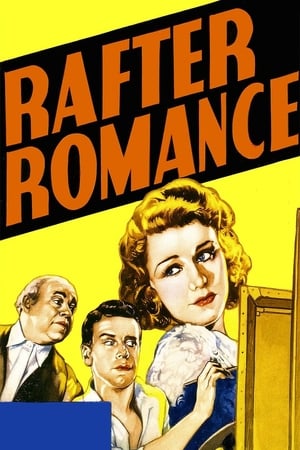 6.5
6.5Rafter Romance(en)
A working girl shares her apartment with an artist, taking the place in shifts.
 7.6
7.6Naruto 20th Anniversary - Road of Naruto(ja)
Promotional video celebrating 20 years of the Naruto animation project.
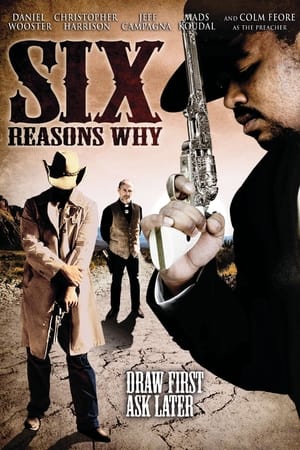 5.2
5.2Six Reasons Why(en)
In a desolate place called the Badlands, four men stand off with guns drawn, their fingers ready at the trigger. Among them are a fugitive seeking redemption, a son out to avenge his father's murder, a loyal servant with a secret and a murderous criminal hired to kill with a vengeance. This is their story...in a place where revenge, deception and cruelty are a way of life.
 6.5
6.5Fight Club(ta)
A young boy Selva chasing his football sports dreams suffers a major setback, grows into an angry young man who is drawn into conflicts by evil forces involving him and his family, which he must navigate and reform
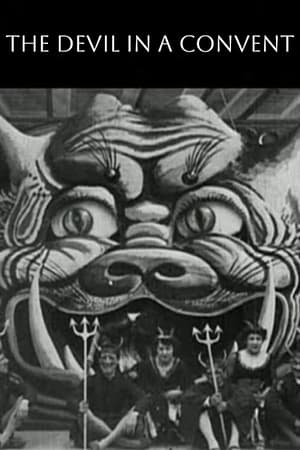 6.2
6.2The Devil in a Convent(fr)
A priest is officiating at a convent, when suddenly he is transformed into the devil, who frightens away the nuns and turns the place into pandemonium.
 5.5
5.5Back to the Planet of the Apes(en)
Astronauts Pete Burke and Allan Virdon crash on Earth in the far future and are captured by the apes. The men befriend a chimp named Galen who helps them to escape. In the hopes of finding a way to get back to their own time, the astronauts search for a computer in an earthquake-threatened city, with which they will be able to access their flight records. [The first of five telefilms edited from episodes of the 1974 TV series; this film combines the episodes "Escape from Tomorrow" and "The Trap"]
Brooklyn Girls Fight Club(en)
From the birthplace of boxing legend Mike Tyson, young women brawl in secret fight clubs to win $1000 and invaluable street cred.
The Diary: An Untold Story(en)
The Diary: An Untold Story is a mystery drama.
 10.0
10.0Britannicus(fr)
Emperor Claudius had a son, Britannicus, before marrying Agrippina and adopting her son Nero, born of a previous marriage. Nero succeeded Claudius and ruled the Empire. Despite his reign, Nero decides to free himself from his mother's yoke and take revenge on Britannicus, the brother who has everything and whom he envies.
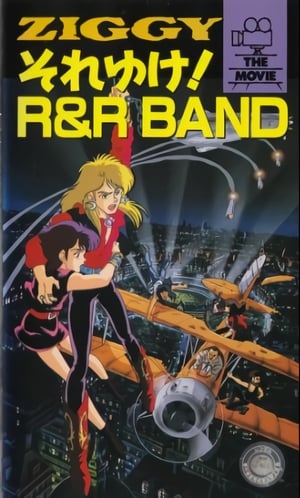 7.9
7.9Ziggy: Soreyuke! R&R Band(ja)
Japanese rock band Ziggy comes to London and gets attacked upon arrival at the hotel after a recording session. The musicians barely escape the attack; however, soon they learn that their producer has been murdered, and they are the suspects! Chased by police and some mysterious organization, they find shelter at a local rockers' place and even give a performance there; but it is not too long before their pursuers appear again.
 5.7
5.7Storm Over Georgia(en)
In the middle of Sherman's March, in eastern Georgia, Confederate infantry, cavalry, and artillery make a bold stand against the overwhelming numbers of the Union army as it tears across Georgia.
Similar Movies
 7.7
7.7Waltz with Bashir(he)
An Israeli film director interviews fellow veterans of the 1982 invasion of Lebanon to reconstruct his own memories of his term of service in that conflict.
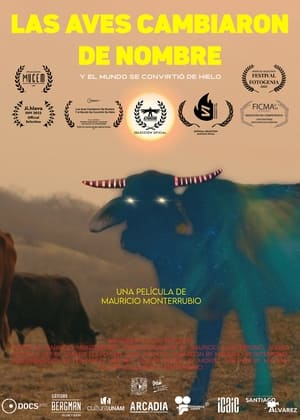 0.0
0.0The Birds Changed Names And The World Turned Into Ice(es)
Migrant families experience violence, but they also keep beautiful memories when they arrive in new lands. Fantastic and intimate stories, recalled from childhood, travel across time and space, magically intermingling with the help of the four elements and breaking the boundaries of cinema.
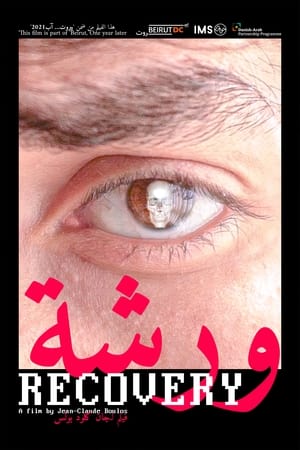 0.0
0.0Recovery(ar)
Jean-Claude walks his dog in a neighborhood forever stuck in reconstruction. On his trip, he wonders about life, mortality, and 'what if' scenarios while remembering fragments from the direct impact of the second that almost cost him his life on August 4. At the moment of the explosion, the end of the world, bodies, buildings, roads, and cities may shatter. Perhaps the universe itself breaks apart. But the most severe fragmenting remains that of memory. A picture here and a sound there are vaguely reconstituted. Can a future be built from such a memory? Can it rebuild what was lost? Is it time to leave?
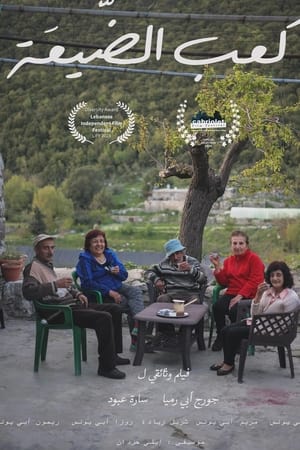 0.0
0.0Kaab l Dayaa(ar)
Intimate discussion with the inhabitants of Kfarbaal, a village tucked in the mountains above Byblos. We hear them share their experiences, deceptions and dreams.
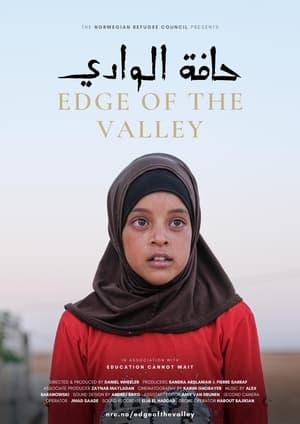 10.0
10.0Edge of the Valley(en)
A nine-year-old Syrian refugee girl contemplates her increasingly bleak future after being forced to drop out of school in the midst of Lebanon’s unprecedented economic collapse and battle with Covid-19.
 0.0
0.0Leila and the Cigarette(ar)
In early September 2011, Leah decided to go to Lebanon to film her grandmother. Two weeks after the end of filming, her grandmother died of metastatic lung cancer. It would take her 12 years to regain the courage to review their last conversations. Through memories and poems she draws the portrait of her grandmother paying homage to her colorful spirit that made her unique.
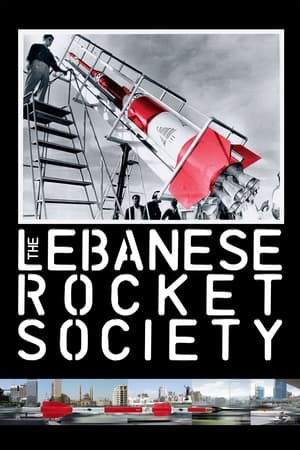 6.4
6.4The Lebanese Rocket Society(ar)
Lebanon's brief flirtation with space travel in the 1960s becomes a poignant metaphor for the Arab world's utopian dreams in this riveting documentary.
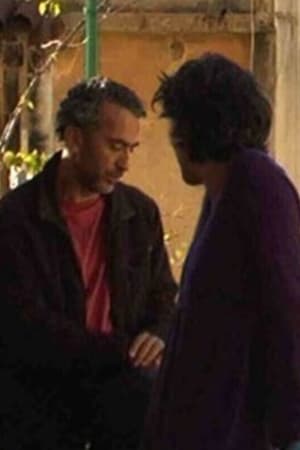 0.0
0.0In the Land That Is Like You(fr)
In the Land That Is Like You is a progress on the tracks of my lost past, with the contact of my mother, my grandmother and the man who I love, in a country which escapes from me and retains me, Lebanon.
 6.0
6.0World War C(nl)
It's war. War against an invisible enemy that is not as deadly as we are told. The world is changing rapidly. Disproportionate measures are taken worldwide that disrupt society as a whole. A dichotomy in society forced vaccinations and restrictions on freedom. Have we had the worst? Or is there something more disturbing to awaiting us.
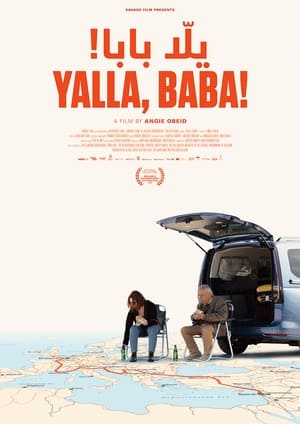 6.0
6.0Yalla, Baba!(ar)
Lebanese director Angie Obeid embarks on a road trip with her father, Mansour, retracing a journey he made 42 years ago. She tries to reach out to the young Mansour, understand the decisions he made when he was her age, and find common ground. The film explores the challenges and opportunities that arise when navigating the boundaries between tradition and modernity, family and individuality, home and the wider world.
The Land(en)
The Land documents the uprising of the people of Bisri and activists from all of Lebanon against the construction of the dangerous dam leading up to the Bisri Valley's liberation. Farmers and shepherds discuss their fears of losing the land and their intimate relationship with it. It also presents the project's seismic and geological dangers, its futility, the conflicts of interest surrounding its construction, and its destruction of a rich and significant area in every respect.
Le jour est la nuit(ar)
Beyrouth, spring 2020. Is the uprising in Lebanon merely on hold?
 0.0
0.0Objects of War(fr)
‘Objects of War’ is a series of testimonials on the Lebanese war. Each person chooses an object, ordinary or unusual, which serves as a starting point for his / her story. These testimonials while helping to create a collective memory, also show the impossibility of telling a single History of this war. Only fragments of this History are recounted here, held as truth by those expressing them. In ‘Objects of War’, the aim is not to reveal a truth but rather to gather and confront many diverse versions and discourses on the subject. ‘Objects of War’ started in 1999 assembling the testimonials of eleven persons. It was first shown in 2000 . It continued in 2003 with ‘Objects of War n°2’, recording seven additional testimonials. This time however, and since then, the recorded material is left unedited, shown in its integrity. The work of collecting and assembling these stories continued with ‘Objects of War n°3 & n°4’ in 2006 and ‘n°5 & 6’ in 2014.
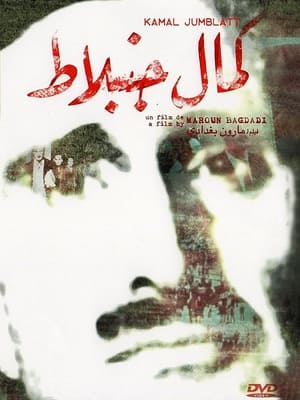 6.0
6.0Greetings to Kamal Jumblatt(ar)
Tribute to the Druze Kamal Jumblatt, Minister of Economy and Agriculture (1946) and founder of the Progressive Socialist Party (PSP) in 1949. He was one of the architects of the departure of President Bechara el-Khoury (1952), before playing a major role in the events of 1958. From 1960 to 1964, Kamal Jumblatt assumed, under the presidency of Fouad Chehab, various ministerial functions . . After the conflict of June 1967, he gradually approached the Palestinian organizations. In 1969 he became Minister of the Interior; in August 1970, he supported the election of Soleiman Frangié as President of the Republic. Following the Lebanese-Palestinian clashes of May 1973, he took sides against the head of state, established himself as the leader of the National Movement in 1975 and engaged in a revolutionary armed struggle against the Lebanese Front. Hostile to Syria's intervention in Lebanon, he broke with it (March 1976). He was assassinated near a Syrian checkpoint in 1977.
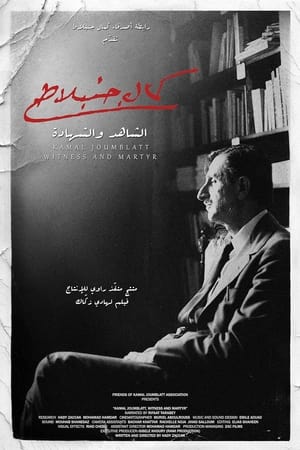 10.0
10.0Kamal Joumblatt, Witness and Martyr(fr)
Kamal Jumblatt, the Master of Moukhtara Castle, recounts the major events of his life until his assassination on March 16, 1977. The film takes us on a global journey from Lebanon to India, in the footsteps of Kamal Jumblatt, the founder of the PSP (Progressive Socialist Party), the leader, the rebel, the reformer, the thinker, the poet, the Yogi … Kamal Jumblatt (1917-1977) becomes the last witness... of his own life.
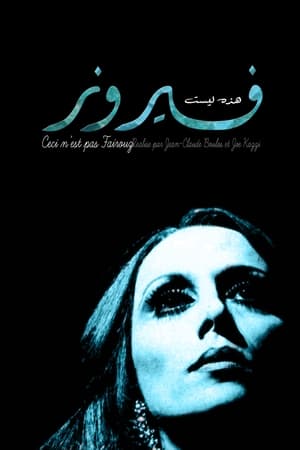 0.0
0.0This Is Not Fairuz(en)
A young journalist is looking to learn and talk with the Lebanese legend, Fairuz.
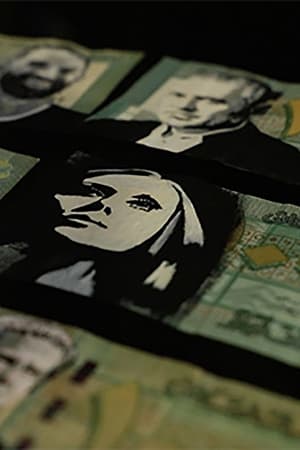 0.0
0.0Revive the Lira's Glory(ar)
Ibrahim Sultani is a 22-year-old architecture major who has a hobby of painting portraits on banknotes. On them, he portrays Lebanese icons from the fields of music, cinema, sports, media, fashion, and many more due to the common appreciation and love that Lebanese citizens share for them. Due to the economic crisis that exists within the country, he hopes his work will give the currency back some of its lost value, at least metaphorically.
